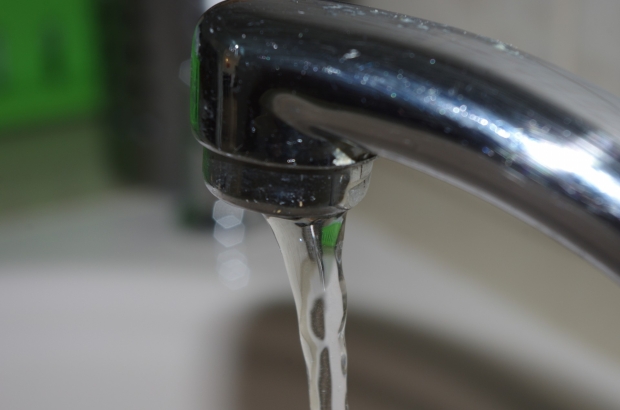- Daily & Weekly newsletters
- Buy & download The Bulletin
- Comment on our articles
PFAS pollution in water: opposition demands explanation and accountability
Elevated levels of PFAS chemical concentrations were detected in drinking water in Halle this month, with the water traced to a basin in Ecaussinnes in Wallonia managed by the Brussels-based Vivaqua.
Several opposition parties have since demanded an explanation and accountability from Brussels environment minister Alain Maron (Ecolo), who sayid he contacted Vivaqua when he learned about problems with Halle’s drinking water back in January.
An RTBF report found that Flemish environment minister Zuhal Demir (N-VA) had warned of the issue in a letter to Brussels and Walloon colleagues at that time.
“The minister received a reply [from Vivaqua] on 2 February that the drinking water in Brussels was not polluted and that the problems in Halle were being followed up by De Watergroep and the Flemish authorities concerned,” Maron's spokesperson said, adding that the Brussels environment minister has no authority over pollution in Halle.
“It’s up to the Flemish government to control the quality of drinking water on its territory.”
Nevertheless, Brussels MPs David Leisterh and Aurélie Czekalski (both MR) are calling for more clarification on the incident as soon as possible, saying: “We do not accept any health risk for our residents.”
MP Bianca Debaets (CD&V) seconded the call for clarity.
“The fact that minister Maron is making light of it by stating that he is not competent for this pollution is unacceptable to us,” Debaets said.
“He had known about this for some time and then did nothing at all to resolve the situation. We too will therefore ask for the necessary clarification in the environment committee, because it is simply unacceptable for Brussels residents to be faced with such a health risk.”
N-VA party leader Cieltje Van Achter had questioned minister Maron back in April about PFAS contamination in Brussels drinking water.
“At that time, minister Maron revealed that Vivaqua's current measuring equipment does not function precisely enough to accurately detect PFAS in drinking water,” Van Achter recalled.
“Moreover, he admitted that the European Drinking Water Directive was still not transposed into Brussels regulations while the deadline had already passed. The Brussels nonchalance in this health incident cannot be justified.”
Christophe De Beukelaer (Les Engagés) said that "the health of Brussels residents is a priority", adding: "Minister Maron must come and explain the facts,” and Bruno Bouwens (PVDA) also called for an investigation into the matter.
“The minister reiterates that Vivaqua has confirmed that the Brussels drinking water is high quality,” Maron’s spokesperson said. “The intercommunal has not identified any problem.”
Vivaqua, at the request of Brussels Environment, “checks for PFAS at the tap, in homes, and those checks were always negative compared to the future European standard”.
A statement from Vivaqua reiterated that “water analyses in the Brussels region’s networks, i.e. at the Brussels consumer’s tap, show results significantly below the future standard,” reminding the public that they can check the analysis results of water in their homes by using the Vivaqua website.
The future European standard allows up to 100 nanograms per litre. In Ronquières in Braine-le-Comte, the level was 106 nanograms per litre, though more recent analysis show a drop to somewhere between 72 and 86 ng/L.
“These levels are still high,” said mayor Maxime Daye. “We want to have the best possible water in the village.”
Chièvres, in Hainaut province, also had pollution issues and at least one official so far has been ousted from office over the scandal.
That official was found to have been warned about the PFAS contamination by the US army, which expressed concern about analyses carried out at the Chièvres airbase, but he never passed the information on to relevant authorities and was even promoted to the job of monitoring water pollution cases.
The investigation revealed that between 2021 and 2023, the inhabitants of 12 villages in Hainaut, including Chièvres, drank water contaminated with PFAS, even though the authorities had been alerted beforehand.
For Brussels, RTBF found that Vivaqua’s data indicated the water flowing from the Rhode reservoir into the taps of its own building on Boulevard Reyers contained 28 ng/L, the highest level in Brussels.
The municipalities served by the Caillois reservoir were at 17 nanograms per litre and the lowest levels (1 ng/L) came from the Ixelles reservoir, which supplies part of Brussels-City, but not Ixelles itself.



















